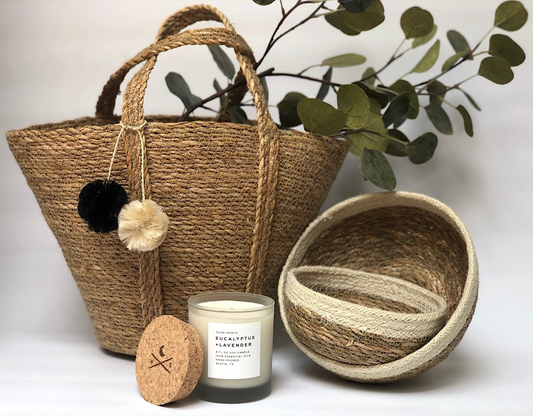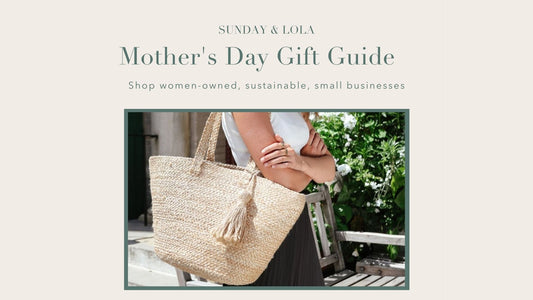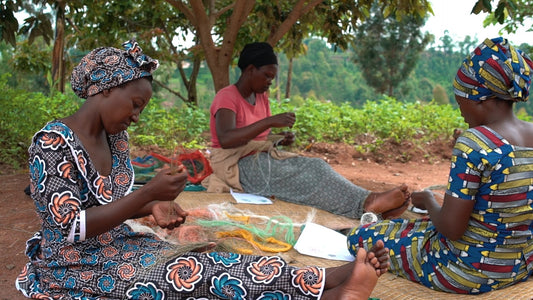The S&L Blog

Shopping Sustainably Handmade
Sustainably-made handbags and home decor are becoming increasingly popular as consumers become more conscious of the environmental impact of their purchasing decisions. These products are made using eco-friendly materials and...
Shopping Sustainably Handmade
Sustainably-made handbags and home decor are becoming increasingly popular as consumers become more conscious of the environmental impact of their purchasing decisions. These products are made using eco-friendly materials and...

Mother's Day Gift Guide
I know how hard it can be to decide what to get your mom for Mother's Day. Especially with the circumstances of this past year, it should be something special....
Mother's Day Gift Guide
I know how hard it can be to decide what to get your mom for Mother's Day. Especially with the circumstances of this past year, it should be something special....
What's the Difference Between Green, Sustainabl...
The word "green" has long outgrown the color. It is used today in everyday speech when referencing anything related to the environment. "Green" is now used in fashion, architecture, product...
What's the Difference Between Green, Sustainabl...
The word "green" has long outgrown the color. It is used today in everyday speech when referencing anything related to the environment. "Green" is now used in fashion, architecture, product...
Why buy handmade products?
The handmade industry is booming! Handmade goods (also referred to as handcrafted or homemade items) have seized the attention of millions of people worldwide — becoming a phenomenon on its own known as the "handmade effect." So, what makes handcrafted...
Why buy handmade products?
The handmade industry is booming! Handmade goods (also referred to as handcrafted or homemade items) have seized the attention of millions of people worldwide — becoming a phenomenon on its own known as the "handmade effect." So, what makes handcrafted...
Where can I buy handmade gifts?
The holidays are just around the corner! And if you are looking to buy handmade gifts, you have come to the right place. We love gifting handmade goods. Handmade gifts offer personality, individuality, and...
Where can I buy handmade gifts?
The holidays are just around the corner! And if you are looking to buy handmade gifts, you have come to the right place. We love gifting handmade goods. Handmade gifts offer personality, individuality, and...

What is the difference between handmade and han...
In the last decade, there has been a shift from mass-produced or machine-made goods to handmade and handcrafted products. This change has evolved into a movement known as the "handmade effect," which has impacted virtually...
What is the difference between handmade and han...
In the last decade, there has been a shift from mass-produced or machine-made goods to handmade and handcrafted products. This change has evolved into a movement known as the "handmade effect," which has impacted virtually...
